You Don’t Know What You Don’t Know

“You don’t know what you don’t know” In my parent group for those whose children think differently, a favorite phrase is “you don’t know what you don’t know.” This phrase has come to reassure me as I look back over the years. I carried guilt that I could never do enough and worried that I […]
Two Words: Attachment Insecurity

Trying to do everything right I never imagined that two words, “attachment insecurity,” could have such a distressing and at the same time life-affirming effect on a person. My son already carried a diagnosis thought of as hard-to-parent. I felt like I was already there, bearing that heaviness alongside him. We had endured some of […]
Questions to Consider When Selecting an Attachment or Trauma Therapist

Many professionals will say they are familiar with working with children with attachment disorders or trauma problems. The following are suggested topics to consider when deciding on which professionals to work with. * What training has the therapist received? How many hours of supervised training in attachment therapy? What specific trauma training have they received? […]
Join Us for #ATNCares on Giving Tuesday
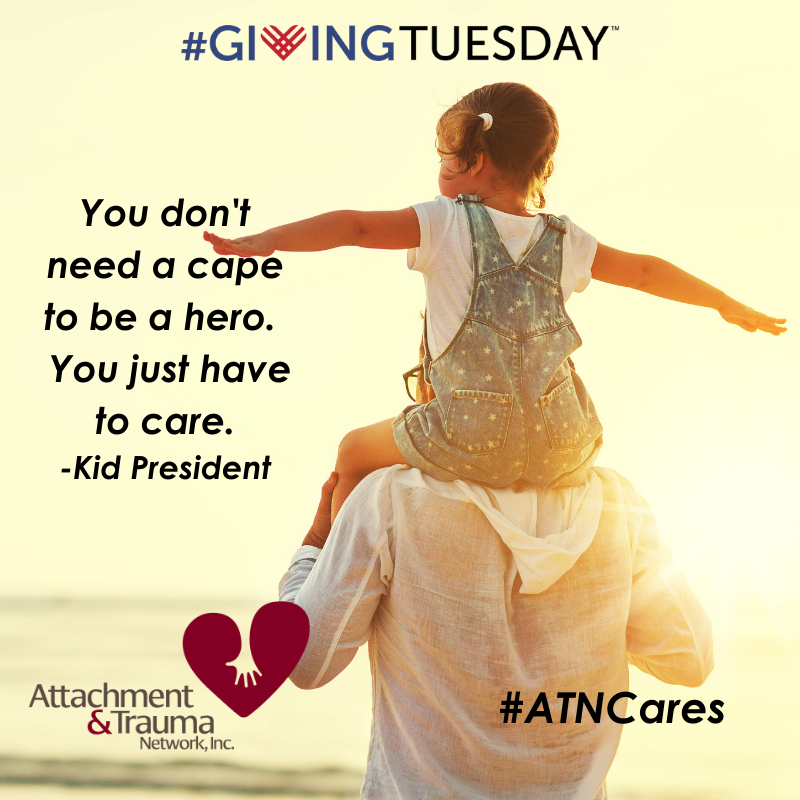
Mark your calendar for Tuesday, December 1, 2020. ATN will once again take part in the nationwide Giving Tuesday Campaign. Focusing on #OneCaringAdult, ATN is spotlighting the importance that a caring adult who is present and nurturing can have on the life of EVERY child to build healthy attachment and resilience. This year, more than […]
Rehoming: Who’s to Blame?

The story By now you may have read the headlines such as “YouTuber Myka Stauffer Reveals Adoption Dissolution 2 Years After Welcoming Son Home from China.” You may have even viewed the original adoptive parents’ tearful YouTube video about the “rehoming” of their son, Huxley. This video and the story it tells create big feelings […]
Rupture and Repair: Emotions, Attunement, and Attachment
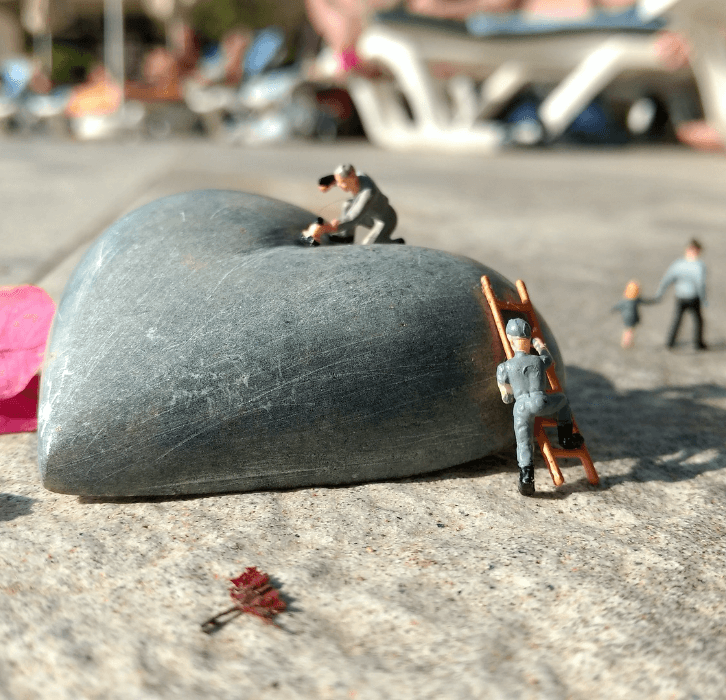
“Why do some children become sad, withdrawn, insecure, or angry, whereas others become happy, curious, affectionate, and self-confident?” developmental psychologist Edward Tronick, Ph.D. asked in a 1989 paper called “Emotions and Emotional Communication in Infants.” The answer lies in large part with the quality of emotional communication, or attunement, between parent and child. We don’t get […]
7 Ways to Help a Child Deal with Traumatic Stress
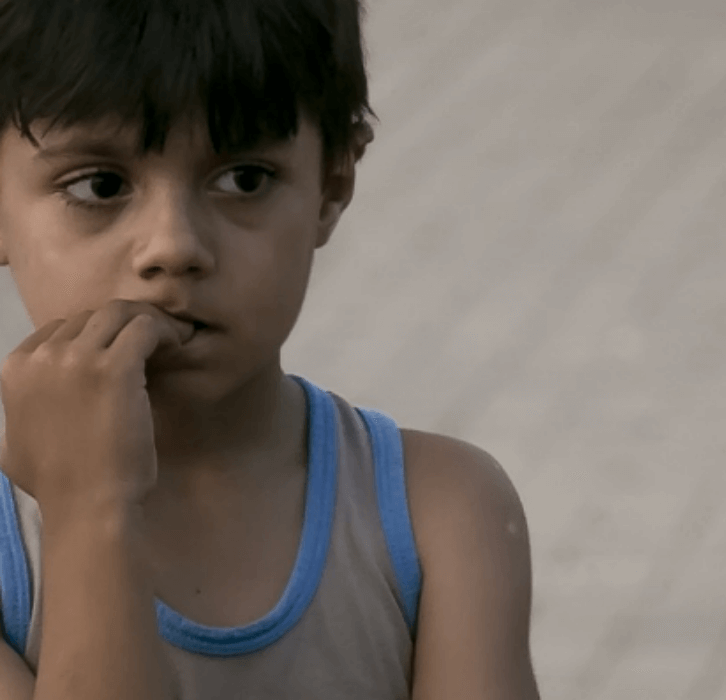
Humans are wired for connection and thrive in conditions of safety and security. When safety and security are compromised, we must do everything we can to restore a child’s felt sense of safety and security as fast as possible.
Who Do You Trust the Most?
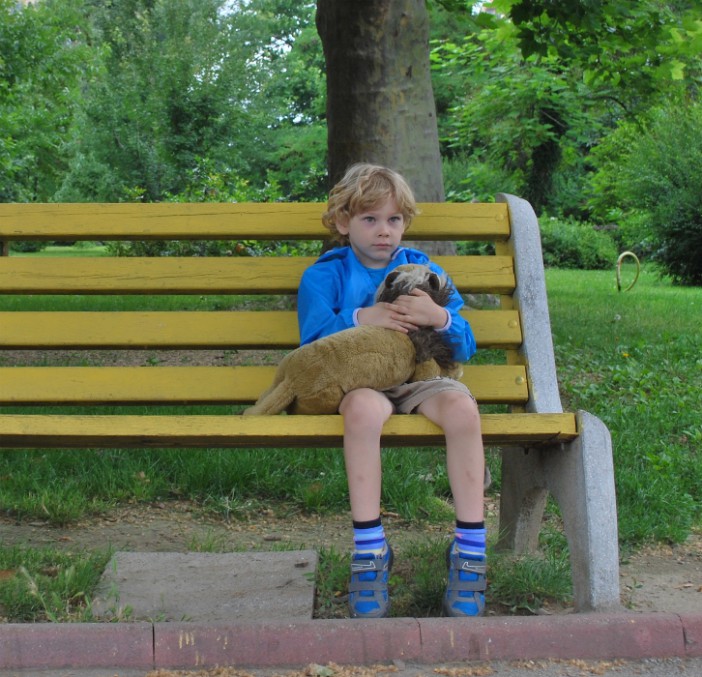
During a session with your therapist, she hands you a paper with three concentric circles drawn on it. They represent relative levels of trust in relationships. The central circle is who you trust the most. She asks you who you would put in that spot. You don’t answer. She pushes. You remain silent. Finally, she suggests your parents. You nod. You know that she needs you to nod.
Tis the Season of Everyday Celetastrophe

A new season is upon us. The glow from the dawn of the new year is on the wane. For some of us, it is in the company of the resolutions to which we swore our allegiance before we climbed into bed at 9:30 on December 31 – satisfied that 2019 would arrive whether or […]
Those Adoption Books
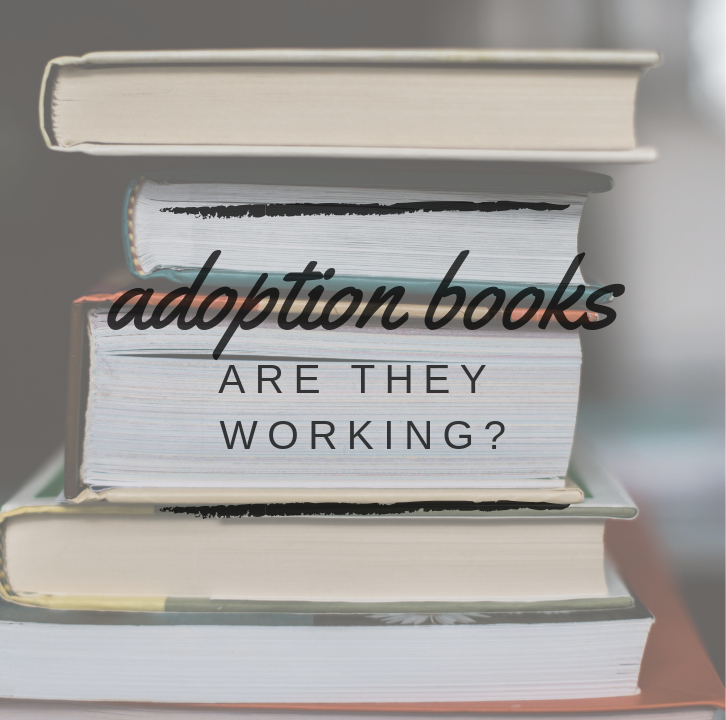
For years, I felt frustrated by parents and therapists suggesting I just read fill-in-the-blank adoption books by fill-in-the-blank authors. I’d already read all of those parenting books. I’d highlighted them and made notes in the margins.
But the well-worn copies on my bookshelf didn’t seem to help. Sometimes the most worthy book suggestions even seemed to hurt our family.